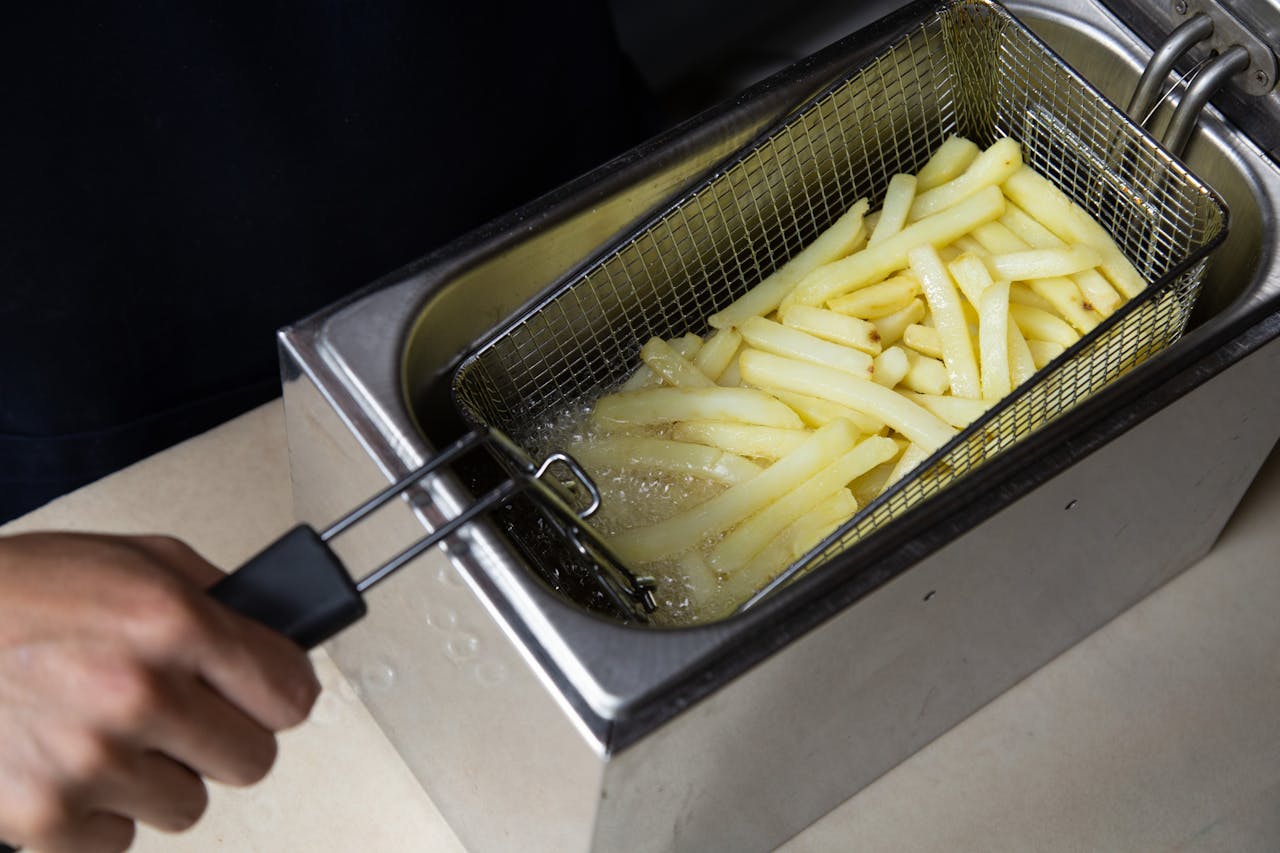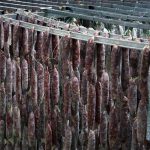In the bustling world of commercial kitchens, deep fryers are a staple piece of equipment. From crispy French fries to succulent fried chicken, deep fryers add that irresistible golden crunch that keeps customers coming back for more. However, working with hot oil, open flames, and high temperatures can pose significant risks. It is essential to understand and adhere to the top safety protocols for using deep fryers to ensure a safe, efficient, and productive kitchen environment.
Safety Practices for Using Deep Fryers
Before you even turn on the fryer, safety should be your top concern. Proper safety practices can prevent accidents, injuries, and fires. Here are the key safety practices you should adhere to when using deep fryers in a commercial kitchen.
Have you seen this : How do you balance traditional and modern elements in a restaurant renovation?
-
Proper Training: Make sure all your staff members are adequately trained in operating the fryer. They need to understand how to use the equipment safely and what to do in case of a fire or other emergency.
-
Protective Clothing: Ensure that your employees wear the right protective clothing. This includes long-sleeved shirts, pants, and heat-resistant gloves to protect them from hot oil splashes. Non-slip footwear is also essential to prevent slipping on greasy floors.
In parallel : How can introducing live music impact your bar’s nightly revenue?
-
Keep the Area Clean: Regular cleaning of the fryer and the surrounding area is crucial. Oil spills should be cleaned up immediately to prevent slip-and-fall accidents. The fryer itself should also be cleaned regularly to prevent the buildup of grease, which could lead to a fire.
Proper Equipment Maintenance
Like any piece of commercial kitchen equipment, deep fryers require regular maintenance. Keeping your fryer in good working order is not just good for the lifespan of the equipment, but it’s also a critical part of kitchen safety.
-
Routine Checks: Regularly check your fryer for any signs of damage or ware. Keep an eye out for loose connections, worn out parts, or any other issues that could potentially cause a problem.
-
Regular Cleaning: Regular cleaning is essential. Built-up grease can become a fire hazard. Also, old oil can affect the taste of the food.
-
Professional Service: Depending on your fryer’s model and usage, you should have it professionally serviced at least once a year. Professionals will check on things that you might miss, ensuring the fryer is safe to use.
Best Practices for Handling Hot Oil
Handling hot oil is one of the riskiest parts of operating a deep fryer. However, with the right practices, you can minimise the risk of accidents.
-
Careful Handling: When handling hot oil, employees should always be conscious of their movements. Any sudden or careless movements can lead to oil splashes, which can cause severe burns.
-
Allow Oil to Cool Down: Prior to cleaning or moving the fryer, always let the oil cool down. Hot oil not only poses a burn risk, but it can also ignite a fire if it comes into contact with a heat source.
-
Use Proper Tools: Always use the appropriate tools to handle hot oil. This includes using a metal container for oil disposal and a filter machine for oil filtering.
Fire Safety Measures
Deep fryers, due to their nature of operation, are potential fire hazards. Therefore, being prepared for a fire emergency is essential.
-
Fire Extinguisher: Every commercial kitchen should have a Class K fire extinguisher. This type of extinguisher is designed to put out fires involving cooking oils and grease.
-
Fire Suppression System: Commercial kitchens should also have an automatic fire suppression system in place. This system is designed to automatically release chemicals to suppress a fire in case of an emergency.
-
Emergency Plan: Have an emergency plan in place and ensure all your staff members are familiar with it.
While deep fryers are a crucial part of any commercial kitchen, they also require careful handling and maintenance. Ensuring that your staff is trained, using the right protective equipment, keeping the equipment clean and well-maintained, and being prepared for fire emergencies can drastically reduce the risk of accidents. Following these safety protocols will help keep your kitchen a safe place to work.
Implementing Safety Health Measures and Work Practices
Safety health measures and safe work practices are an integral part of maintaining a safe and efficient commercial kitchen. They are especially important when dealing with deep fryers due to the inherent risks associated with hot oil and high heat.
-
Ventilation: Proper ventilation is essential in a commercial kitchen setting. It helps to dissipate heat and minimize the accumulation of smoke and grease particles, reducing the risk of fires.
-
First Aid Kit: Every commercial kitchen should have a first aid kit readily available and stocked with supplies such as burn treatments and bandages. Quick response to minor injuries can prevent them from escalating.
-
Spill Kits: Spill kits containing absorbent materials should be readily available to clean up oil spills quickly, minimizing the risk of slips and falls.
-
Safety Signage: Posting safety signs in visible areas serves as constant reminders for staff to be aware of potential hazards and to follow safety protocols.
-
Regular Safety Meetings: Organize regular safety meetings to keep all staff members updated on safety protocols, the correct use of fire extinguishers and fire suppression systems, and other crucial safety information.
Conclusion: Creating a Culture of Safety in Commercial Kitchens
Safety in a commercial kitchen requires more than just following a checklist of safety tips. It’s about creating a culture where safety is a priority, and where all staff members are diligent about taking appropriate measures to minimize risk.
The use of deep fryers, like all other cooking equipment in a commercial kitchen, necessitates a balance between efficiency and safety. While quick service is important, it should not come at the expense of safety. From ensuring proper staff training and protective equipment use, to regular deep fat fryer maintenance, hot oil handling, and fire protection measures, every step is critical in forming a comprehensive safety protocol.
Remember, a safe commercial kitchen is a productive one. Investing in safety measures, including proper training, equipment maintenance, and safety health measures, will not only protect your staff and your business from potential harm but also contribute to a smoother, more effective operation, ultimately resulting in satisfied customers. Adhering to these protocols will help ensure that your commercial kitchen remains a secure and welcoming environment for everyone.






